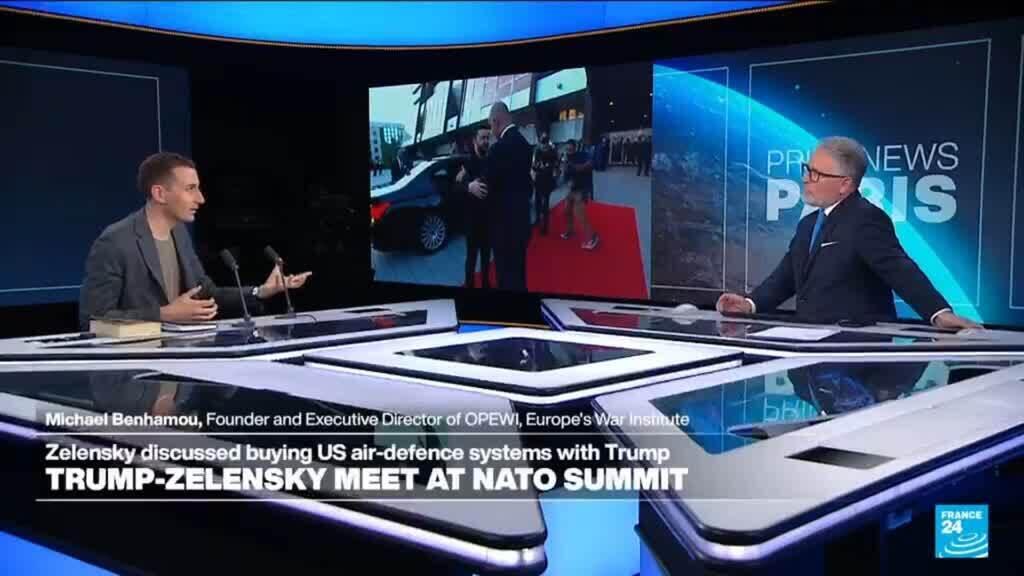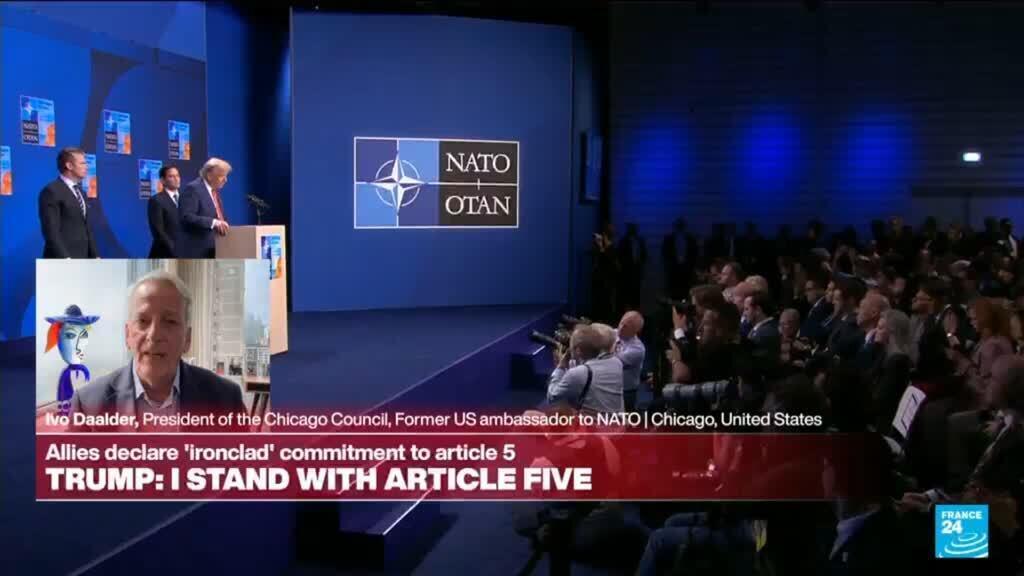NATO's 5% Defense Spending Target: Insights from Michael Benhamou
In a recent interview with Mark Owen of FRANCE 24, Michael Benhamou, the Founder and Executive Director of OPEWI (Europe's War Institute), discussed the implications of the new defense spending target set by NATO countries during their latest summit. The decision to target 5% of each member country's Gross Domestic Product (GDP) for defense spending has raised eyebrows, suggesting that this figure was largely selected as a strategic negotiating tactic rather than a firm commitment from all member states.
Benhamou explained that the 5% proposal was not merely about increasing military budgets. Instead, it acted as a bargaining chip in discussions around defense capabilities and commitments. This percentage serves multiple purposes, including unifying member states’ understanding of defense priorities and raising awareness of the necessity for robust military investments across Europe. He indicated that such strategic discussions often employ inflated figures to stimulate negotiation dynamics, allowing countries to settle on a more practical figure in subsequent discussions.
Furthermore, Benhamou emphasized the importance of transparency and accountability to European taxpayers in this context. He insisted that simply allocating funds towards defense does not suffice; there must be tangible returns that benefit the society at large. European citizens, he noted, would be keen to see how these increased budgets translate into real-world advantages, such as job creation and the development of a robust defense industry situated on European soil. This perspective highlights the need for member states to ensure that defense spending translates into economic benefits for their citizens, thereby fostering public support for increased military budgets.
Moreover, he raised concerns about the capability of European countries to meet such high spending commitments without efficient planning and public support. Benhamou suggested that each nation must pursue a nuanced approach to implementing these defense budgets, taking into consideration their unique military needs, economic conditions, and industrial capabilities. He stressed that effective collaboration between government and industry will be crucial in achieving meaningful outcomes from the defense investment. This collaborative approach could potentially bolster Europe's defense autonomy and foster a more integrated defense ecosystem.
In conclusion, while the 5% defense spending target agreed upon at the NATO summit might initially seem ambitious, its implementation will require careful planning and engagement with key stakeholders. Benhamou's insights shed light on the complexities surrounding defense financing in Europe, emphasizing the necessity for systematic planning, public buy-in, and the creation of beneficial economic outcomes stemming from these investments in defense.












